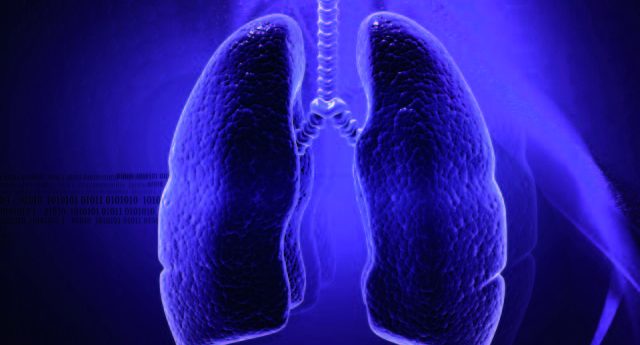Novel stem cell therapy has potential to repair lung damage

In findings presented at the European Respiratory Society’s Lung Science Conference, stem cell therapy reduced lung inflammation in an animal model of chronic lung disease.
A new study has found that mesenchymal stem cell (MSC) therapy was effective in reducing lung inflammation in mouse models of chronic obstructive pulmonary disease (COPD) and cystic fibrosis. Lung damage caused by COPD and cystic fibrosis leads to reduced lung function and eventually respiratory failure. The results were presented at the European Respiratory Society’s Lung Science Conference (23—26 March, Estoril, Portugal).
Declan Doherty, Research Fellow, Queen’s University Belfast (UK), commented: “These preliminary findings demonstrate the potential effectiveness of MSC treatment as a means of repairing the damage caused by chronic lung diseases such as COPD.
“The ability to counteract inflammation in the lungs by utilizing the combined anti-inflammatory and reparative properties of MSCs could potentially reduce the inflammatory response in individuals with chronic lung disease whilst also restoring lung function in these patients.”
In this study, MSCs were intravenously delivered to mice at 4 and 6 weeks of age. Compared with control mice, who received no stem cells, cell counts for both monocytic cells and neutrophils, both signs of inflammation, were significantly reduced at 8 weeks after the MSC therapy. As well as reducing the inflammation, the lung structure of the MSC-treated mice was significantly improved, indicating that this treatment could also repair existing damage.
“Although further research is needed to improve our understanding of how MSCs repair this damage, these findings suggest a promising role for MSC therapy in treating patients with chronic lung disease,” Doherty concluded.
Source: https://www.eurekalert.org/pub_releases/2017-03/elf-ssp032417.php